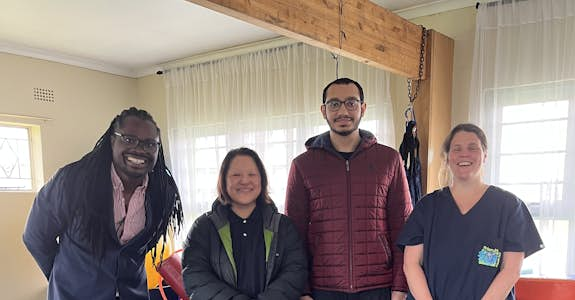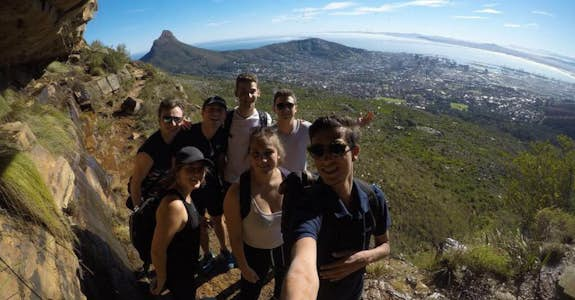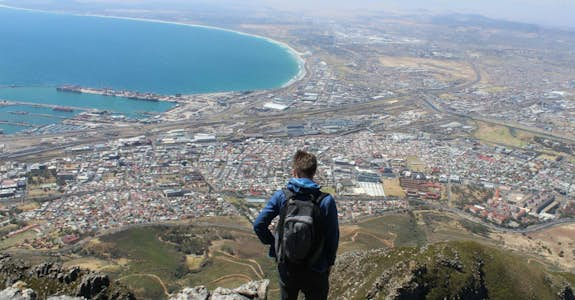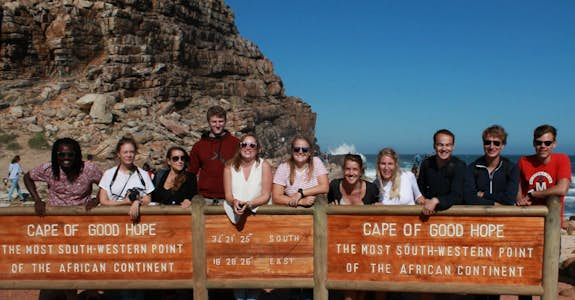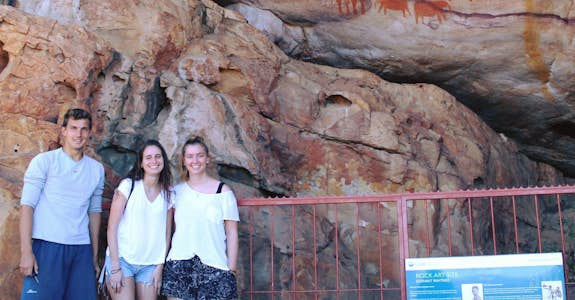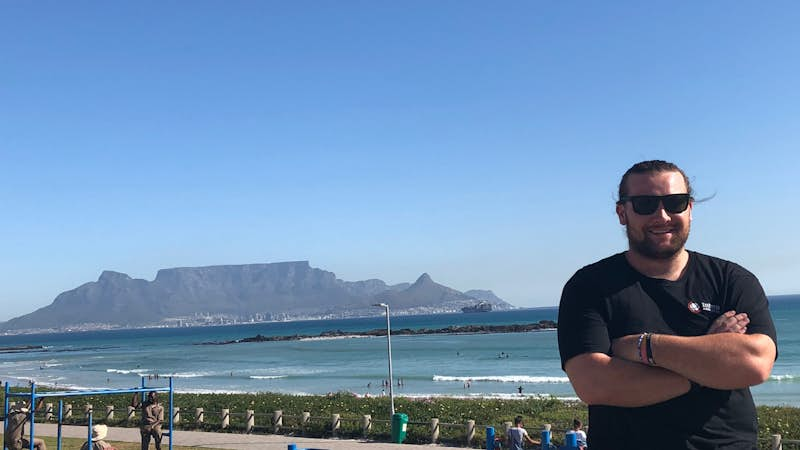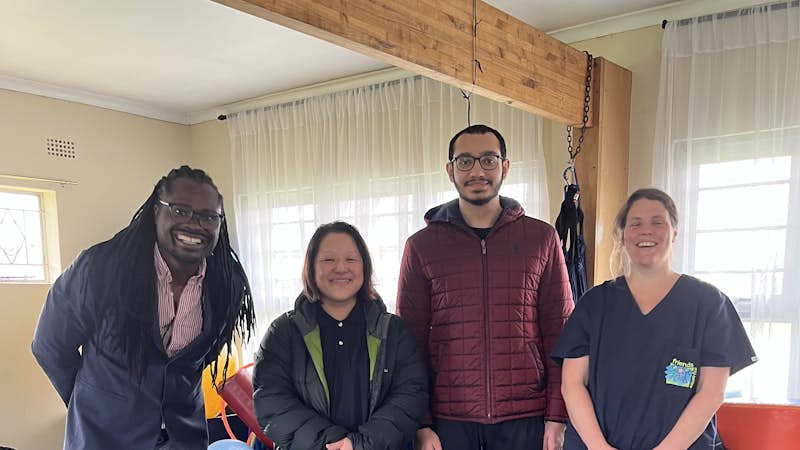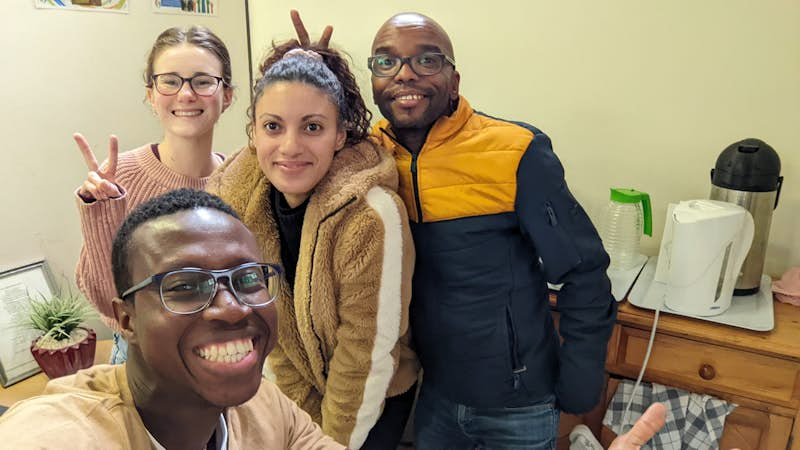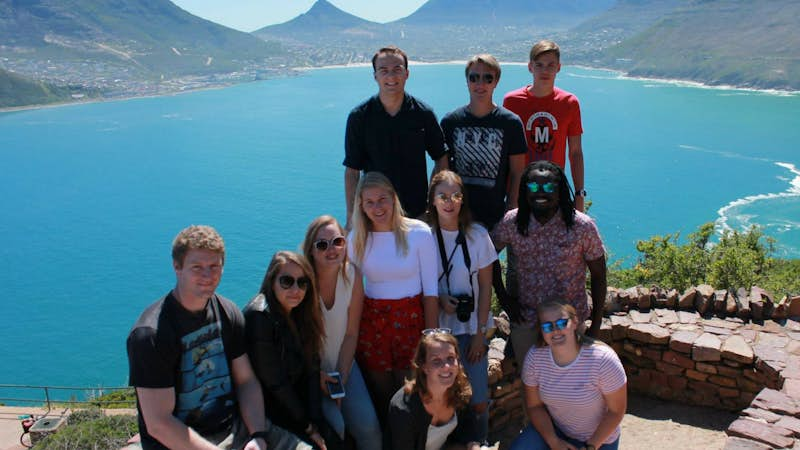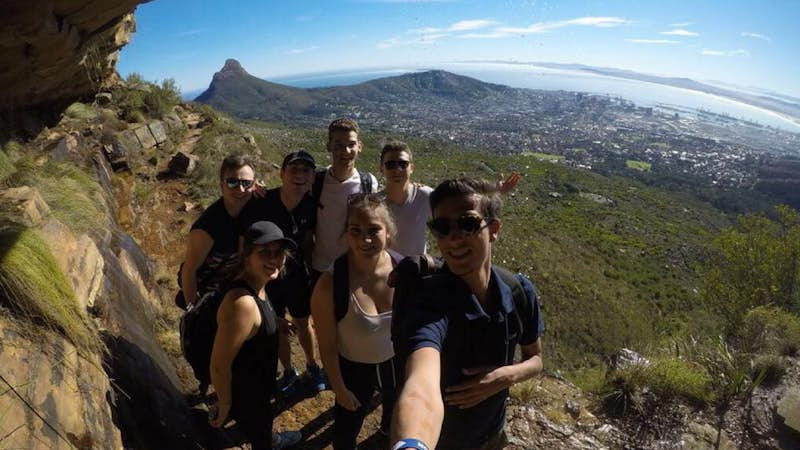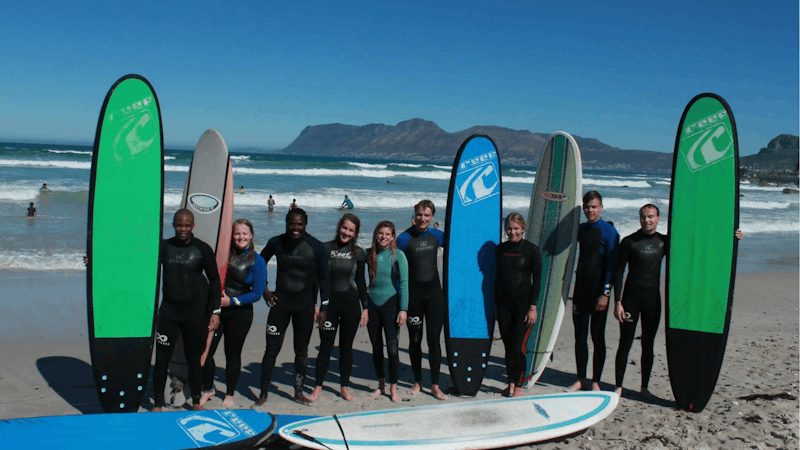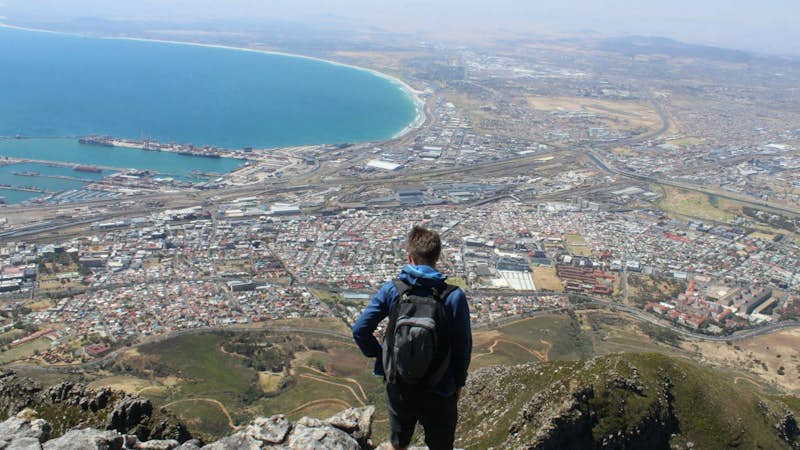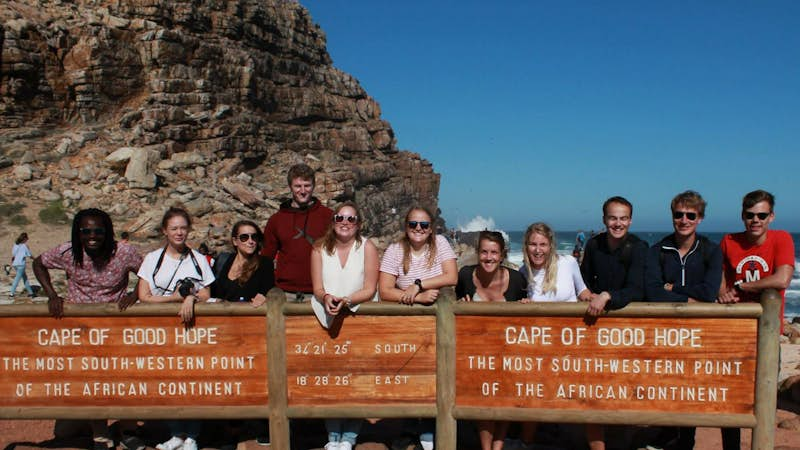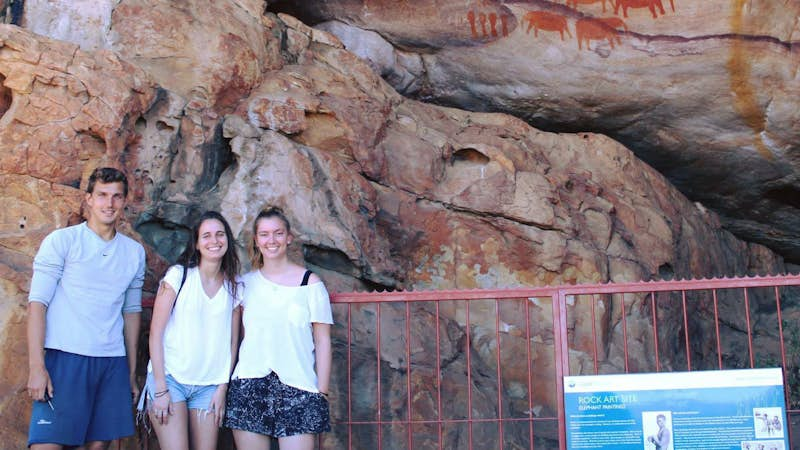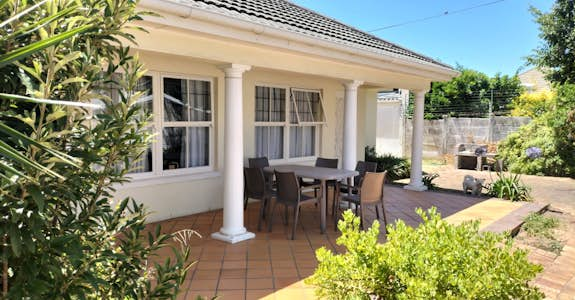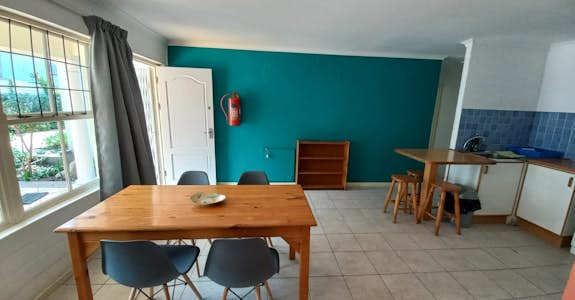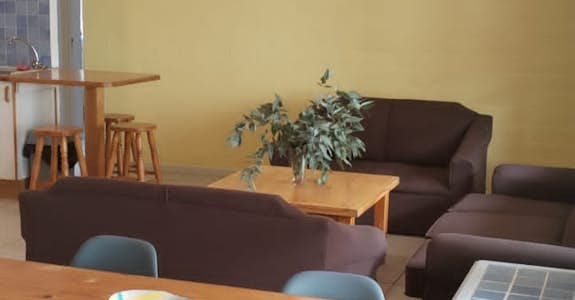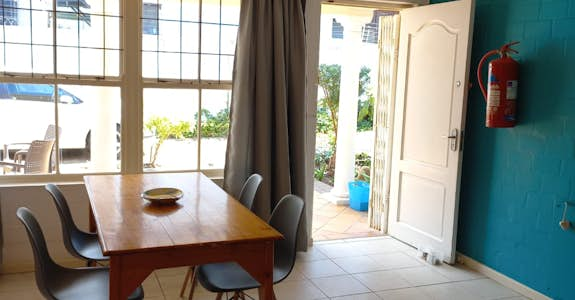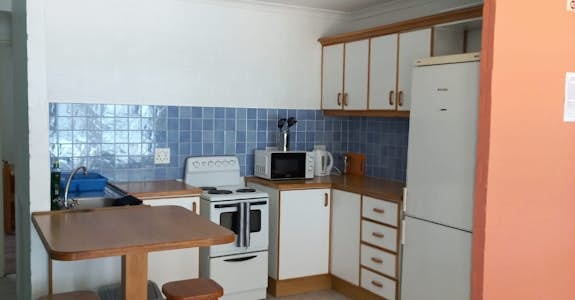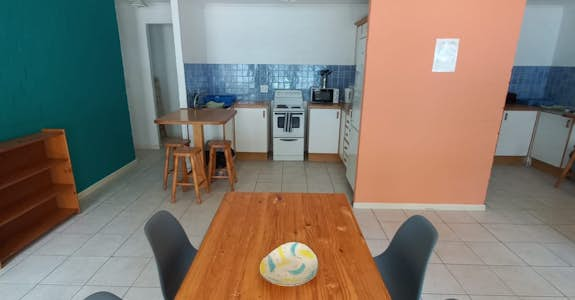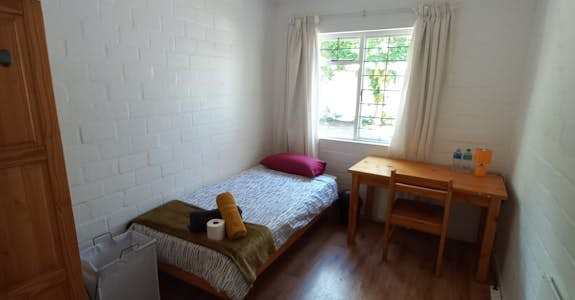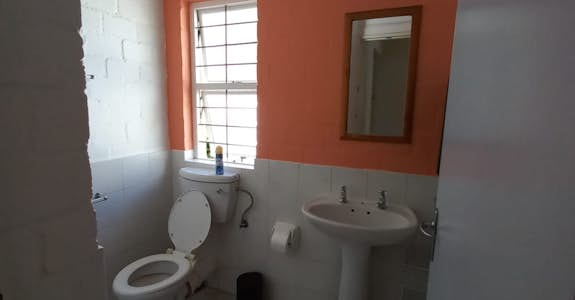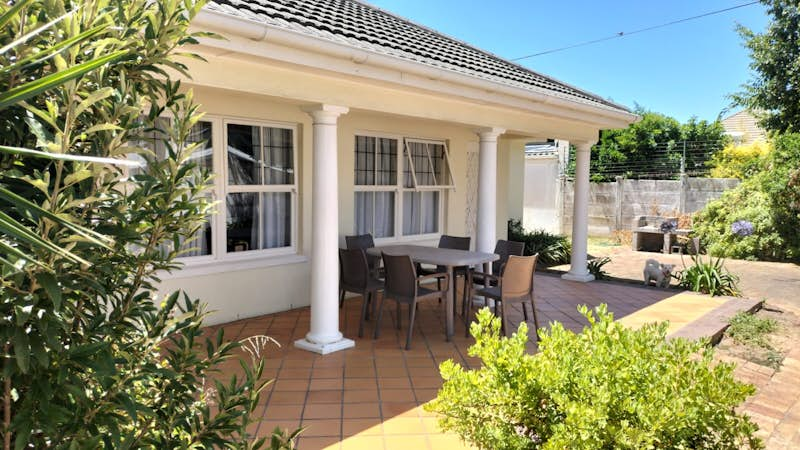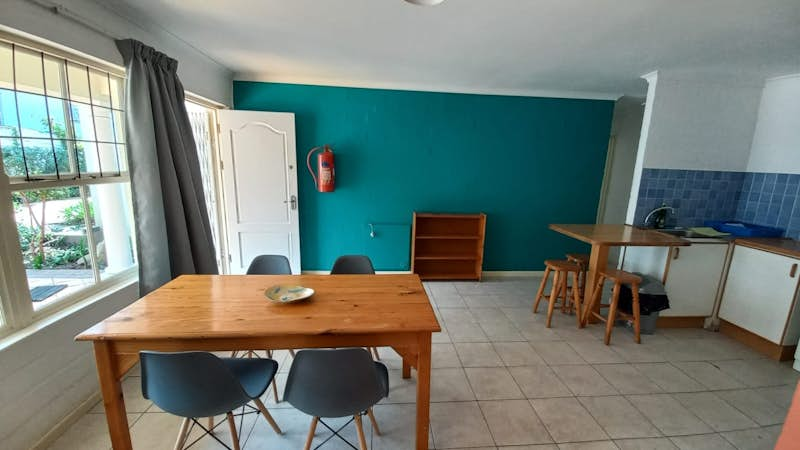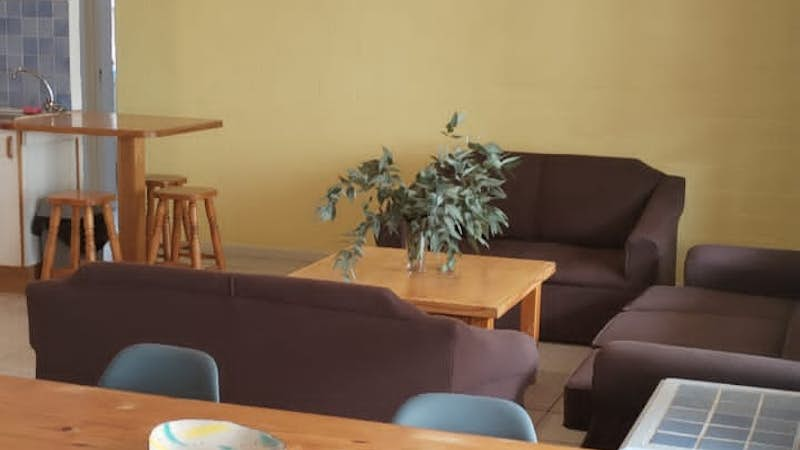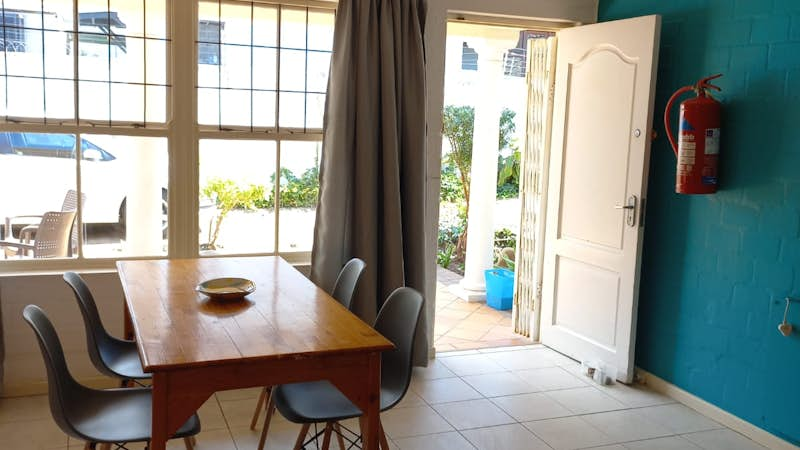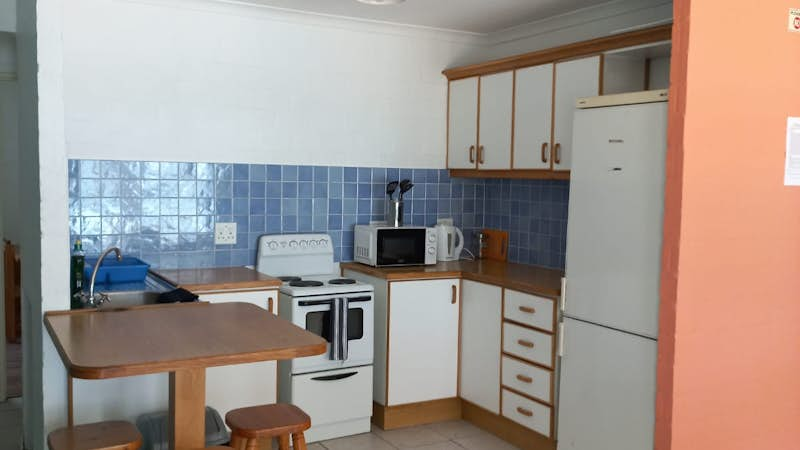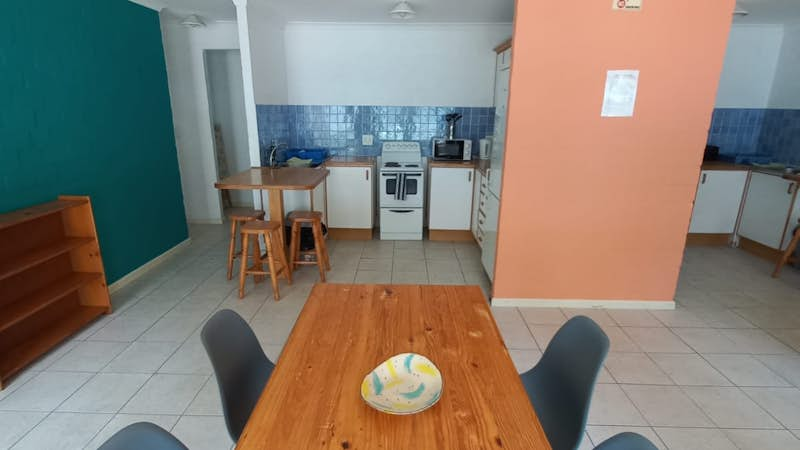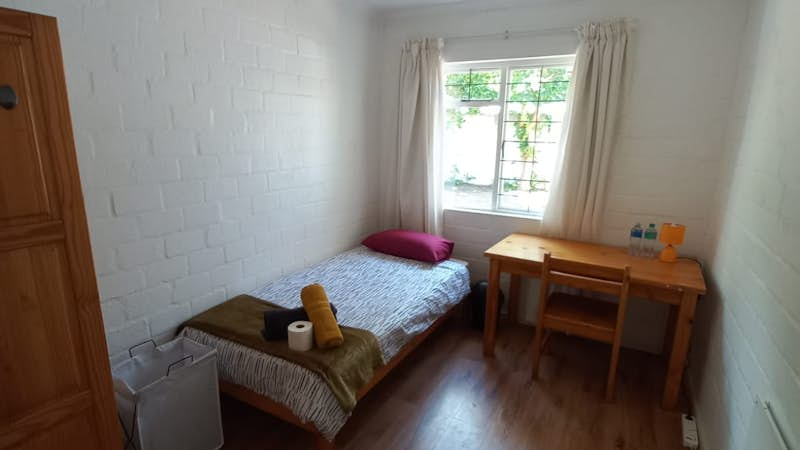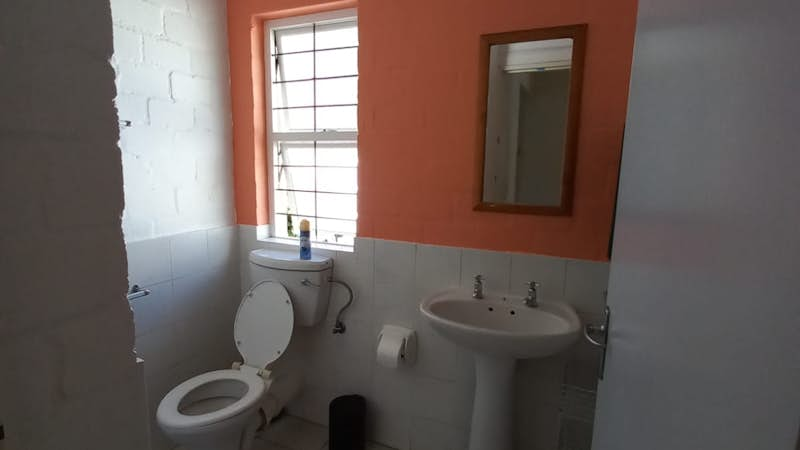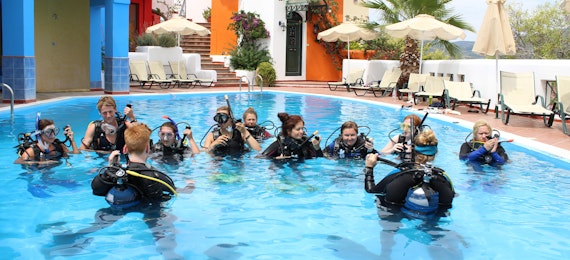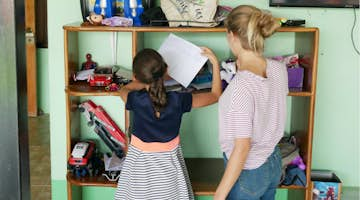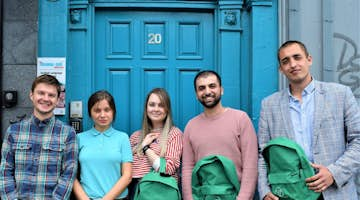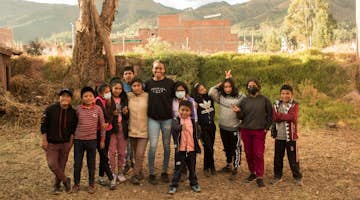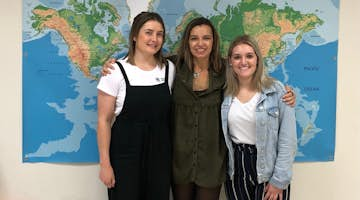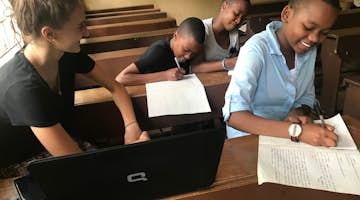
Youth Development & Education Internships: Intern abroad in Cape Town, South Africa
This is a fantastic teaching internship, where interns can work with students of all ages, in areas where they need the most support. Interns can be placed in primary or secondary schools, helping teachers in classes, or in community centers, organizing and delivering recreational activities.
What to expect from your Youth Development & Education internship:
- Learn hands-on teaching skills in real learning environments
- Develop your understanding of education with help from experienced teachers
- Enjoy spare time exploring the unique and eclectic city of Cape Town, and wider South Africa
Your internship abroad host organization:
- Schools
- Community youth centers
Internship details
This is a fantastic teaching internship, where interns can work with students of all ages, in areas where they need the most support. Interns can be placed in primary or secondary schools, helping teachers in classes, or in community centers, organizing and delivering recreational activities.
This is an in-country internship, with accommodation provided. You can explore remote Education & Youth Development internships, if you are looking for an internship program that you can undertake from home.
Youth Development & Education internships in Cape Town are perfect for those looking to gain experience for a career in teaching or education support. You’ll gain skills by supporting experienced local educators and youth workers, and develop deeper understanding of how to manage students of all ages in classrooms and informal environments. There is a diverse range of placements available, which can include schools, as well as community youth centers. Interns are placed depending on their skills and preferences, but the time of year is also taken into consideration, to work around breaks within the academic calendar.
Interns who are placed in schools can expect to participate as teaching assistants. You’ll work closely with local teachers to support lessons, tutor students who need additional support, and help to ensure all students are being appropriately challenged. There is scope to connect with students of all ages and all subjects, including specialist topics such as drama, choir, art, design, history, civics, HIV/AIDS awareness, health, business education and sports.
Interns placed in community youth centers can support extracurricular activities for students from disadvantaged backgrounds. These centers provide families and students with information and tools to help them avoid and remove themselves from common poverty traps and provide skills training to help them into employment. This can include carpentry, masonry, tailoring, farming, horticulture, and basic construction techniques that are appropriate to the region.
These rewarding internships provide the opportunity to assist in a wide range of activities, and interns are encouraged to be flexible, open minded, and willing to assist wherever help is needed. This will help you to get the most out of your internship and thrive in the ever-changing world of education.
Interns wanting to teach specific subjects, or students of a particular age, should include details in your application. In all cases, interns should expect that the first week of your experience will focus on settling in and gaining some introductory knowledge, as you will not “hit the ground running”. Rather, you should start with learning about the placement to gain an understanding of what you can build upon, develop, learn, and contribute. Ensure that you ask questions and provide feedback during the introductory period, so that your supervisor understands how you’re progressing. This will help them to better understand important details, such as how quickly you learn, what you find challenging, what you find interesting, etc.
Understand and expect that individual internship experiences vary, as the specific placement that you’re assigned will depend on review of your resume and your current level of studies and experience. Therefore, if you’re at a more introductory level, you should reasonably expect a more introductory internship. Likewise, if you’re interning for a shorter duration, you will have a different experience from someone who is interning for a longer duration. Placement preferences are considered but always subject to availability.
What are the career benefits of interning abroad as a Youth Development & Education Intern?
Youth Development & Education interns learn from a qualified and experienced supervisor, and can be involved in:
-
Preparing lessons and activities
-
Tutoring and mentoring students
-
Running lessons
-
Supporting teachers
-
Delivering vocational training
Professional development opportunities:
-
Learn how to run lessons and classes from experienced teachers
-
Understand teaching curriculums in a range of subjects, for students who range in age
-
Build mentoring and teaching skills
-
Develop communication skills working with students and education providers
-
Gain practical skills and boost your employability, with guidance from Intern Abroad HQ’s Experiential Learning Curriculum to support your learning and cultural intelligence.
Are you eligible for this internship?
Submit a free application so we can confirm your eligibility and check availability for your preferred dates.
Not sure which program to join?

Recommended online TEFL course
For all interns with an interest in developing skills as an educator, we also recommend an interactive Online TEFL Certification Course. The training offers tools and techniques over a 100-hour program. Upon completion, you’ll have earned experience in planning, designing, and adapting diverse language activities and materials. No previous teaching experience or training is required. You can sign up for the Online TEFL Certification Course anytime and you’ll pay the discounted Intern Abroad HQ rate.
Get TEFL certified onlineSouth Africa photo gallery

Academic credit available for all internships
Get course credit from your college or university while completing your internship abroad or a remote internship program. It's a great way to meet your academic requirements and gain valuable experience at the same time.
Learn about course creditProgram fees
Applying for our Youth Development & Education Internship is completely free! The support package covers the assistance we provide in finding your internship and arranging your living accommodations in your host country, ensuring you thrive during your program.
Please note that a deposit of US$499 is required to confirm your place. The remaining balance (minus your initial US$499 deposit) is due at least 60 days before your internship start date.
Duration |
Program Fee (USD) |
|---|---|
| 4 weeks | $2,292 Equivalent to $81 /day |
| 5 weeks | $2,477 Equivalent to $70 /day |
| 6 weeks | $2,687 Equivalent to $63 /day |
| 8 weeks | $3,057 Equivalent to $54 /day |
| 10 weeks | $3,760 Equivalent to $53 /day |
| 12 weeks | $4,131 Equivalent to $49 /day |
| 16 weeks | $4,883 Equivalent to $43 /day |
| 20 weeks | $5,624 Equivalent to $40 /day |
| 24 weeks | $6,366 Equivalent to $37 /day |
- Airport pick-up
- Accommodation
- 24/7 in-country support
- Program orientation
- Dedicated support before, during, and after your internship
- In-country guidance for social and tourist activities
- Sourcing and securing your internship placement
- Personalization of your internship plan
- Coaching from your supervisor
- Documented portfolio of your experiential learnings
- Academic credit facilitation
- International reference letter
- Certificate of Internship Completion
- All meals
- All in-country transportation
- Transfer back to the airport at the end of your internship program
- Visa (if required), flights, travel insurance (mandatory), vaccinations, criminal background check
- Personal spending money for snacks, drinks, public transport, laundry, and leisure activities during your free time.
Free-time experiences & tours in Cape Town
Take your internship to the next level with Intern Abroad HQ's affordable activity and tour add-ons in Cape Town! Explore your options below and learn how to book them once you've been accepted onto an internship program.

Stand at the southernmost tip of the African continent and experience Chapman’s Peak, cute African Penguins at Boulders Beach and Muizenberg’s golden shores with our Cape Point Tour.

Embark on the Garden Route Tour for an adventure of emerald forests, turquoise coastlines and a rich tapestry of wildlife and culture.

Embark on an unforgettable journey with our Safari & Wine Tasting Adventure in South Africa! Experience wildlife encounters and wine tastings against stunning landscapes.
Arrival and Orientation
Internships in Cape Town begin every Monday and interns may choose to spend a minimum of 4 weeks, up to a maximum of 24 weeks. (Exceptions to start date availability may occur when start dates are closed due to public holiday disruptions or if the program has already reached capacity). Fewer internship positions are available during late December and early January, due to the Christmas and New Year holiday period.
Airport pick up and accommodation are included in the Program Fee. The accommodation is covered from the Saturday night before the Monday start date. Interns are asked to arrive on the Saturday before their Monday start date, to allow sufficient time over the weekend to rest and become oriented before beginning on the Monday. The last night of accommodation that is covered by the Program Fee is the Friday night of the final week, leaving interns to depart on the Saturday morning. Extra nights of accommodation can be pre-arranged upon request and paid for separately.
All participants fly into the Cape Town International Airport (CPT), in order to receive their airport pick up and be transported to the accommodation by a pre-arranged driver. Upon arrival to the accommodation, interns are met by a local team member, who will greet them and assist with settling in. Note that all participants are advised not to book flights until they have first registered to confirm their internship placement.
Orientation typically takes place on the Sunday before the Monday start date. It covers important details for the internship, including introductions, information about culture, customs, rules, expectations, safety, language lessons, cultural excursions, and more. Interns join their placement on the following day.
If you are planning to spend time in Cape Town prior to your internship and will not require an airport pick up, we can arrange an alternative pick up from another location within the central city.
Check what's required to visit South Africa
Check out the widget below to learn about the visa requirements for the Youth Development & Education internship in South Africa, based on your country of residence.
Accommodation and WiFi
Internship placements are spread throughout Cape Town’s main city center and surrounding suburbs. Accommodation arrangements will be confirmed, once your internship placement has also been assigned. In most cases, accommodation will be situated in the suburbs of Observatory and Mowbray, enjoyed for proximity to the CBD and other attractions. Alternatively, accommodations may also be situated within the Newlands district.
Interns are accommodated within shared lodging, making it easy to connect with fellow program participants. Interns can expect to share a room with another intern (of the same gender). Bathrooms are also shared with a hot water shower and western toilets. WiFi is available and is also accessible at nearby cafes and restaurants. All accommodation provides cooking facilities.
Bedrooms are allocated as single-sex. However, the accommodation itself may be mixed-gender. Therefore, all guests must be prepared to share common living spaces which are accessed by mixed genders, such as bathroom, kitchen, living, and dining areas. Requests for any exceptional accommodation arrangements (subject to availability) must be communicated in advance of the internship start date.
It is important to note that an accommodation bond is requested at check-in. The cost of the bond is US$200, so you must budget for this. This bond is refundable, less a US$30 cleaning fee, upon your departure, provided that an inspection has been completed to confirm that you have not caused damage to the property or a need for extensive deep cleaning.
Transportation is not provided for in-country commutes between the accommodation and internship placements, so all interns must budget for this independently. Efforts are always taken to place interns near to main transport systems to provide convenient commuting options. The maximum travel time is typically no more than 60 minutes each way (depending on traffic congestion in the city). In all cases, internship placements will be assigned in consideration of commute logistics and opportunities to ride-share with other interns, where possible.
For convenience and safety, local coordinators can arrange a dedicated shuttle service for ongoing placement commutes (Monday through Friday). The cost for this service ranges from approx. US$200 - US$300 a month, per person, depending on the location of your placement. If you want to organize this service, please communicate with coordinators when your placement details are being arranged in advance. Alternatively, for the use of Uber, it is possible to spend US$10-US$20 per day on rides, depending on where you’re going. Please budget for this, especially if you intend to use this transportation method a lot during weekends and free time.
Please note that the accommodation pictured in the photo gallery of this webpage is provided as an example. Since - depending on capacity - we can work with more than one accommodation address, the exact accommodation location or room that you’re assigned may differ from the photos. Rooms sizes, along with storage space, varies. However, you may expect similar arrangements to those that are demonstrated here. If you have particular requests/questions in advance, please communicate with us in advance.
Meals
It is important to note that internships in Cape Town do not include meals. The accommodation is located within short walking distance to an affordable supermarket, as well as great cafes and restaurants. All accommodation also provides cooking facilities.
You can readily drink the tap water throughout the city. However, it is advised to bring your own water supply when traveling to and interning in the townships.
You should aim to budget approximately US$100 per week for food. If you like to go out frequently (rather than going to the grocery store to prepare some of your own meals) then you need to budget up to US$150 per week, at least (this budget can vary depending on personal spending habits). Note that, when you go to a restaurants, there is a cultural expectation to tip at least 10%.
Essential country information
| Capital | Pretoria (Executive), Bloemfontein (Judicial), Cape Town (Legislative) |
| Population | 55.91 million |
| Languages | Afrikaans, English, Zulu, Xhosa, Swati, Tswana |
| Currency | South African Rand (ZAR) |
| Time zone | UTC+02:00 |
Weather and climate:
South Africa is generally temperate, however due to varied topography and oceanic influence, a great variety of climatic zones exist. This ranges from the extreme desert of the Namib (northwest South Africa), to the subtropical climate along the Mozambique border and the Indian Ocean (eastern South Africa). Winters in South Africa occur between June and August.
In Cape Town, the summers are warm, dry, and mostly clear; the winters are long, cool, wet, and partly cloudy. It is windy year round and common to see windsurfers enjoying the surf. Over the course of the year, the temperature in Cape Town typically varies from 48°F (9°C) to 76°F (24°C). The warm season in Cape Town usually ranges from December through March and the coldest months are June through September.
What recent Youth Development & Education interns said about their experience
I feel more empowered now as I have practical experience. The internship increased my confidence, my public speaking skills, and my communication skills. I love teaching, and this internship has helped me grow my passion. This internship has resulted in an even bigger love for my home country South Africa. My students were so inspiring as most of them come from difficult backgrounds and do not live easily finance-wise. The motivation and drive they have to still show up to school and learn despite all their hardships is something I think all students should see and take away from this.
To read all reviews, visit our reviews page.



